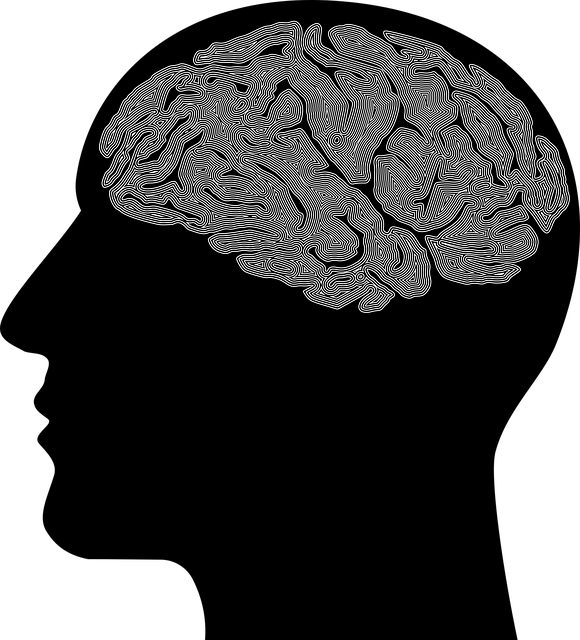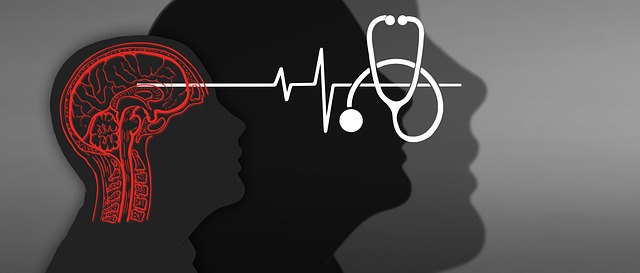Resilience is a cornerstone of emotional well-being, enabling individuals to overcome life's challenges, and the Resourceful Fronting Method (RFM) by Parker Gender Identity Therapy (PGIT) is a powerful tool for enhancing resilience. PGIT, an inclusive therapeutic model, moves beyond binary norms, focusing on personalized self-discovery journeys. Through tailored exercises, RFM teaches practical emotional regulation and problem-solving skills, fostering adaptability and coping strategies. Implementing these techniques in workshops and organizational programs equips people with the tools to thrive, promoting mental health awareness and policy advocacy. PGIT's holistic approach strengthens resilience, encourages self-acceptance, and empowers individuals to view setbacks as growth opportunities, ultimately improving well-being.
In today’s fast-paced world, building resilience is paramount for navigating life’s challenges. One powerful framework gaining traction is RFM (Resources, Factors, and Moments), offering a holistic approach to enhancing mental fortitude. This article explores how understanding RFM can foster resilience, with a particular focus on Parker Gender Identity Therapy—a pioneering method that combines mindfulness with self-discovery exercises. We’ll delve into practical steps for implementing these techniques to strengthen one’s resilience, drawing from the unique insights of Parker Gender Identity Therapy.
- Understanding RFM and Its Role in Resilience Building
- Parker Gender Identity Therapy: A Unique Approach
- Implementing Exercises to Strengthen Resilience
Understanding RFM and Its Role in Resilience Building

Resilience is a critical component of emotional well-being, enabling individuals to navigate life’s challenges and recover from adversity. This is where RFM (Resourceful Fronting Method), pioneered by Parker Gender Identity Therapy, plays a pivotal role. The RFM approach focuses on empowering people to confront their struggles head-on by fostering a sense of control and adaptive coping strategies. It encourages active participation in managing stress and crises, thereby enhancing overall resilience.
The method incorporates various exercises tailored to help individuals develop practical skills for emotional regulation and problem-solving. These exercises are particularly valuable in crisis intervention guidance, as they teach participants to confront their fears, reframe negative thoughts, and utilize resources effectively. By integrating RFM techniques into stress management workshops and organization programs, Emotional Well-being Promotion Techniques can be delivered that equip individuals with the tools needed to thrive even amidst challenging circumstances.
Parker Gender Identity Therapy: A Unique Approach

Parker Gender Identity Therapy (PGIT) offers a unique approach to supporting individuals navigating their gender identity. This therapeutic model challenges traditional norms and embraces a more inclusive and personalized strategy. By focusing on the individual’s lived experience, PGIT facilitates a journey of self-discovery, fostering inner strength and resilience.
This therapy goes beyond binary classifications, allowing for a diverse range of expressions and identities to be explored and validated. Such an approach is particularly impactful in the context of Mental Health Policy Analysis and Advocacy, as it challenges stereotypes and promotes mental health awareness. Through PGIT, clients can develop coping mechanisms tailored to their unique needs, enhancing their ability to navigate societal challenges and build resilience. This holistic method encourages self-acceptance, ultimately contributing to improved well-being and a sense of empowerment.
Implementing Exercises to Strengthen Resilience

Implementing Exercises to Strengthen Resilience
Building resilience is an essential aspect of mental health awareness and trauma support services, as it equips individuals with the ability to cope with challenges and adversity. At Parker Gender Identity Therapy, we recognize that resilience isn’t just about overcoming hardships; it’s about thriving amidst them. Our exercises are designed to foster emotional intelligence by teaching practical strategies for managing stress, anxiety, and other mental health concerns.
Through a range of activities, from cognitive reframing techniques to mindfulness practices and social support networks, individuals learn to navigate life’s complexities with enhanced flexibility and adaptability. These tools empower people to view setbacks as opportunities for growth rather than insurmountable barriers, ultimately leading to improved well-being and a more optimistic outlook on life.
Resilience is a pivotal aspect of mental well-being, and the RFM (Resources, Fortitude, and Mastery) model offers a comprehensive framework for its development. As demonstrated by Parker Gender Identity Therapy, integrating unique therapeutic approaches can significantly enhance resilience building. By incorporating targeted exercises that draw upon personal resources, foster fortitude in the face of challenges, and cultivate a sense of mastery over one’s life, individuals can strengthen their resilience. This tailored approach not only empowers individuals to navigate difficult situations but also enables them to thrive in various aspects of life, including gender identity exploration and transition.














